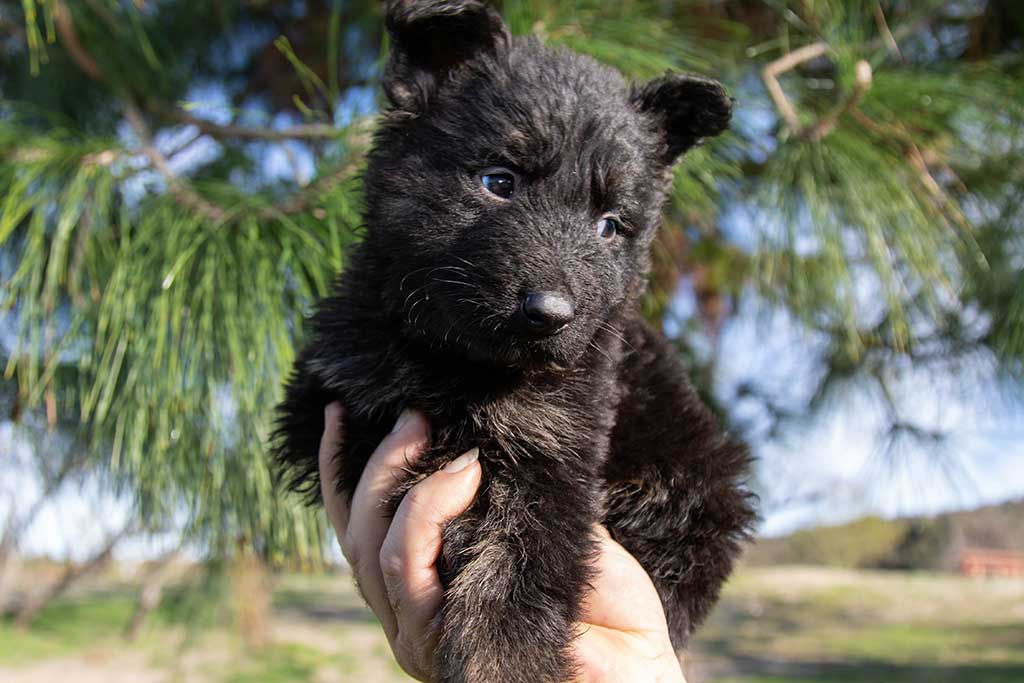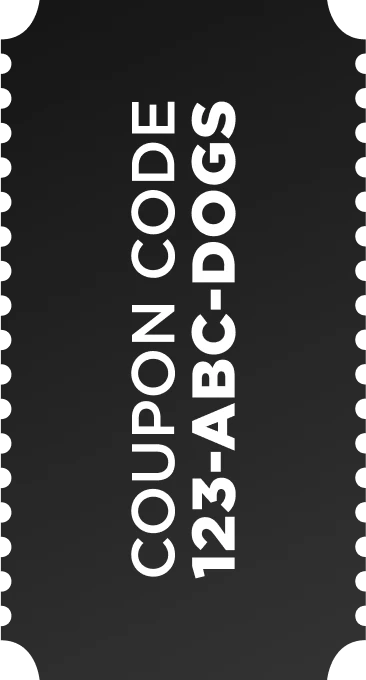
Should dogs be fed every time they beg? Shouldn’t you give your dog grain-free foods? Before bringing home a new puppy, busting the most common dog food myths is the key to ensuring your new four-legged pal gets the nutrition it needs.

Dogs are definitely meat-eaters, and working line dogs do need a fair amount of protein for strength and stamina. However, canines are just as much veggie-eaters as meat-eaters. Therefore, you are fine to feed your dog a diet that consists of a healthy mix of meat and vegetable-based ingredients.
Even though you can find a lot of grain-free dog food options, these are not necessarily good for your dog. The FDA actually reported that feeding dogs a grain-free diet may heighten their risks of heart disease. Certain grains are quite healthy for dogs, such as corn.
If your dog is not interested in his kibble, you may want to change foods. Dogs may like human food better than kibble, but canines also do not have a diverse collection of taste buds. Therefore, as long as the dry food you are feeding pleases those elementary taste buds, your dog should have no issue eating it for the long term.
Raw bones that have been properly processed and decontaminated are OK on occasion; they help clean the teeth and offer entertainment. However, you do have to steer clear of cooked bones or bones that fragment easily as these can actually cause internal harm during digestion.
Canines are food-driven animals. They will show interest every time food is an option. However, feeding your dog every time it begs is a surefire way to end up with an overweight dog. This can be a major health threat for German Shepherds, which tend to have a hefty appetite already.

This myth is partially true. Dog food brands do usually offer basic feeding guidelines. However, a number of factors should determine how much you feed your dog, such as activity levels and health conditions. For more suitable guidelines, check with your vet.
Not always. Only dogs with impaired kidney function or certain age-related health conditions should get limited protein. Essentially, you can feed Doberman puppies the same amount of protein as you would your senior Doberman, for example.
Some human foods are absolutely not safe for dogs, such as chocolate or cinnamon. But quite a few human foods are fine for your canine companion. A few examples include eggs, small amounts of cheese, unsalted popcorn, and natural peanut butter.
There is certainly a risk of bacterial issues by feeding your dog a raw diet, but a well-sourced raw dog food that is properly processed should not cause problems. For example, some companies offer freeze-dried raw foods, which are much less likely to contain harmful agents.
Not necessarily. Building the proper nutrition plan for your dog should be a highly personalized process that takes into account the role of the dog, the breed, and the health status. For example, some dogs may do better with only dry kibble and occasional treats, while others may require a more diverse mix of nutrients. All dietary plans for canines should be built around nutritional needs and not the type of food given.


Share a discount coupon code to a pet lover redeemable for food, training, boarding and more...

Fill out this form and a member of our staff will get back to you shortly!